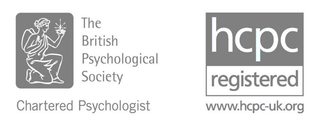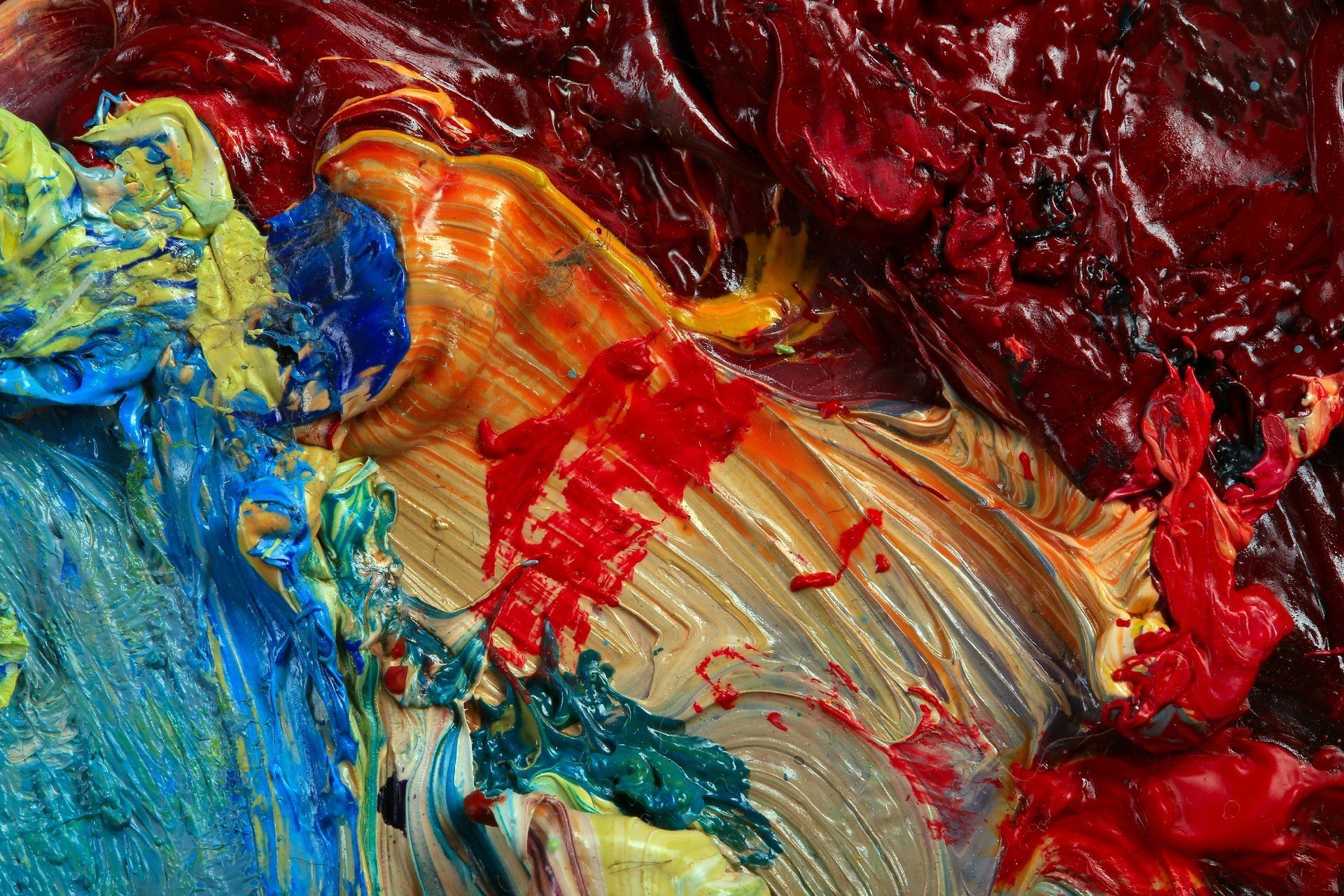
Today has been one of those MESSY days where everything goes wrong.
It started off with me feeling incredibly noble by putting school bags, projects and sports kits in the back of my car before it was time to go so there wouldn’t be pandemonium, bending down to move something in the garage…and then realising I had lost the keys.
In the space of 10 seconds.
They were not in my hand, the car – or anywhere in a 10 mile radius. Blind panic as the minutes ticked by before the school drop-off.
“Never mind, I have spares, I’ll find them later.” I quietly smile at myself for being so relaxed about potential disaster.
Victories quickly forgotten in the brush-your-teeth-and-put-your-shoes-on-please morning mantra, I chivvy the family along and the morning slips back into the familiar and comforting routine.
…until I remember that in my haste, I forgot to take the food prep bags out to defrost (yes friends, I do food prep – I am moments away from becoming an actual saint), so it will be be a rush when I get home tonight.
“That’s ok, life happens – there’s a reason the microwave has a defrost function!”
I am a paragon of virtue and patience. Obviously.
I started mentally ticking off my to-do list as I drove along our country lanes (honestly, they are so narrow two pencil sketches of bicycles would have to negotiate passing each other) when an enormous lorry lumbered towards me from around a bend.
“No problem”, I thought, “people do this all the time, and I took that defensive driving course back in South Africa – this will be a doddle!”
…and then they KEPT. ON. COMING.
Slow and steady..and right for my windscreen. After some flamenco-esque wheel-turning over and around the pavement, I finally edged free.
…only to be sharply reprimanded by a pedestrian that I was not obeying the rules of the road, clearly demonstrating the worst of my character flaws and endangering all and sundry’s lives to boot.
To be clear, there was only a scowl and a mildly disapproving twitch of the neck…but they were British. The subtext was clear.
Returning to my to-do list I nursed my wounds by congratulating myself for having the foresight to (rather cleverly, I thought) put the washing in last night…until I realised that I didn’t move it over to the drier.
So ten to one the whole lot is going to smell mouldy by the time I get back to it. Which means a weekend of laundry awaits.
Oh joy. Added to all this, I had my morning coffee but not a drop of water since, so I had a horrible headache by about 10am. Which is gently pulsing a tattoo over my left eyeball as I type this.
Not exactly the image of a cool, calm and collected therapist!
The truth is: we all have bad days. No one is perfect, least of all me. But being aware of our imperfections, admitting to when we have done wrong, apologising for any transgressions, being kind to ourselves and others and choosing to do better is how we GROW.
Talking to a therapist isn’t a panacea or a silver bullet (to be clear: any kind of therapy that involves any kind of bullet is probably a really bad idea) – it’s two or more humans being just that. Human. In our mess. And helping each other to see the humanity in it.
Take care,
Annemarie

Those who know me will attest that I’m not the most technologically savvy person out there (although I will go to the grave bragging about how I clocked Super Mario Brothers 4 times in a row in 1995).
I’m no luddite and comfortably get by at everything I need to do on a daily basis…but I wouldn’t call myself a whizz either – by any stretch of the imagination.
And then the sword of Damocles fell.
This week, I was reading about the iOS12 update and how you can track your weekly screentime.
“What a great idea!” I thought, looking forward to posting screenshots of how #
unplugged
I am and how I spend all my days in a field of poppies surrounded by intentions, handwoven baskets and mindful meditations.
Friends. It was not a great idea.
Oh indeed, it was not. And it got me asking some hard questions about how I spend my time on my phone.
I justified the time to myself: “I work from there. I post to social media as part of my job! I get lots of referrals via SM… I run a digital practice, after all!”
And all of this is true. But, I also love to scroll. To see what my friend are up to and explore accounts like mine to get tips and new ideas – I love to read and find out about new places. It all sounds very healthy and Pinterest-worthy…until 2 hours have passed by completely unnoticed.
Added to that, I’m realising more and more that if I want to raise and work with children I have to accept that technology and screentime is an active part of how we educate and facilitate their growth. Part of me has a kneejerk reaction against this: I grew up playing outside with my dogs and getting dirty – surely that’s the best childhood? All the books tell us so!
And yet here I am, child of the 80s and confirmed tree-climber, bike-rider and district-representing-breaststroke-swimmer…and I love my phone just as much as the next person.
Well, I’m starting to accept that there is no best childhood. And there is no definitive answer for any one family or child. We’re all different – and our elementary and extended needs are too.
And the more flexible I am (and willing to talk it out and find that best path forward for all of us) the less likely we are to come to loggerheads as a family over “what’s right”.
Isolating my children from technology won’t do them any favours in the 21st century…but neither will allowing them to watch anything they like for 6 hours a day. There’s a balance. And it’s something I’m working hard at, every day.
Have you figured out what’s best for you and the people you care about? Maybe you want to cut down on your own screentime (especially before bed/first thing in the morning) or need help in negotiating tech in the home with partners or extended family?
Finding that sweet spot and being willing to shift your own biases for the good of the family can really make life…well…sweeter!
Take care,
Annemarie

As I drove around this morning, running some errands, I saw a lonely cow in a field. Chewing the cud.
I immediately started to wonder about where the other cows were, why she was alone, who was looking after her and whether she was warm enough (it’s a bit nippy near us today). I suppose it was just my personality and therapeutic habits kicking in…but I worried about that cow for the next 15 minutes or so. All the way through rushing from shop to shop, chore to chore and er rand to errand.
And, then, it suddenly struck me: she didn’t seem particularly bothered.
On the contrary, she seemed very content to be completely…without intent. She wasn’t in a rush, and she didn’t seem to have much on the agenda for today.
I
was the one in a flat-spin: she was just fine
.
How many of us worry ourselves into an inescapable pattern? How often do we spend huge chunks of our day agonising over something that isn’t a problem to begin with?
And, more importantly, how often do we stop?
It reminded me of one of my favourite poems, Leisure by William Henry Davies:
What is this life if, full of care,
We have no time to stand and stare.
No time to stand beneath the boughs
And stare as long as sheep or cows.
No time to see, when woods we pass,
Where squirrels hide their nuts in grass.
No time to see, in broad daylight,
Streams full of stars, like skies at night.
No time to turn at Beauty's glance,
And watch her feet, how they can dance.
No time to wait till her mouth can
Enrich that smile her eyes began.
A poor life this is if, full of care,
We have no time to stand and stare.
Take 5 minutes to reprioritise and be kind to yourself about what’s really important (today, this week, for the next month or year) and then continue with your day – refocussed and less prone to unnecessary distress and avoidable concerns.
And learn from the wisdom of cows.
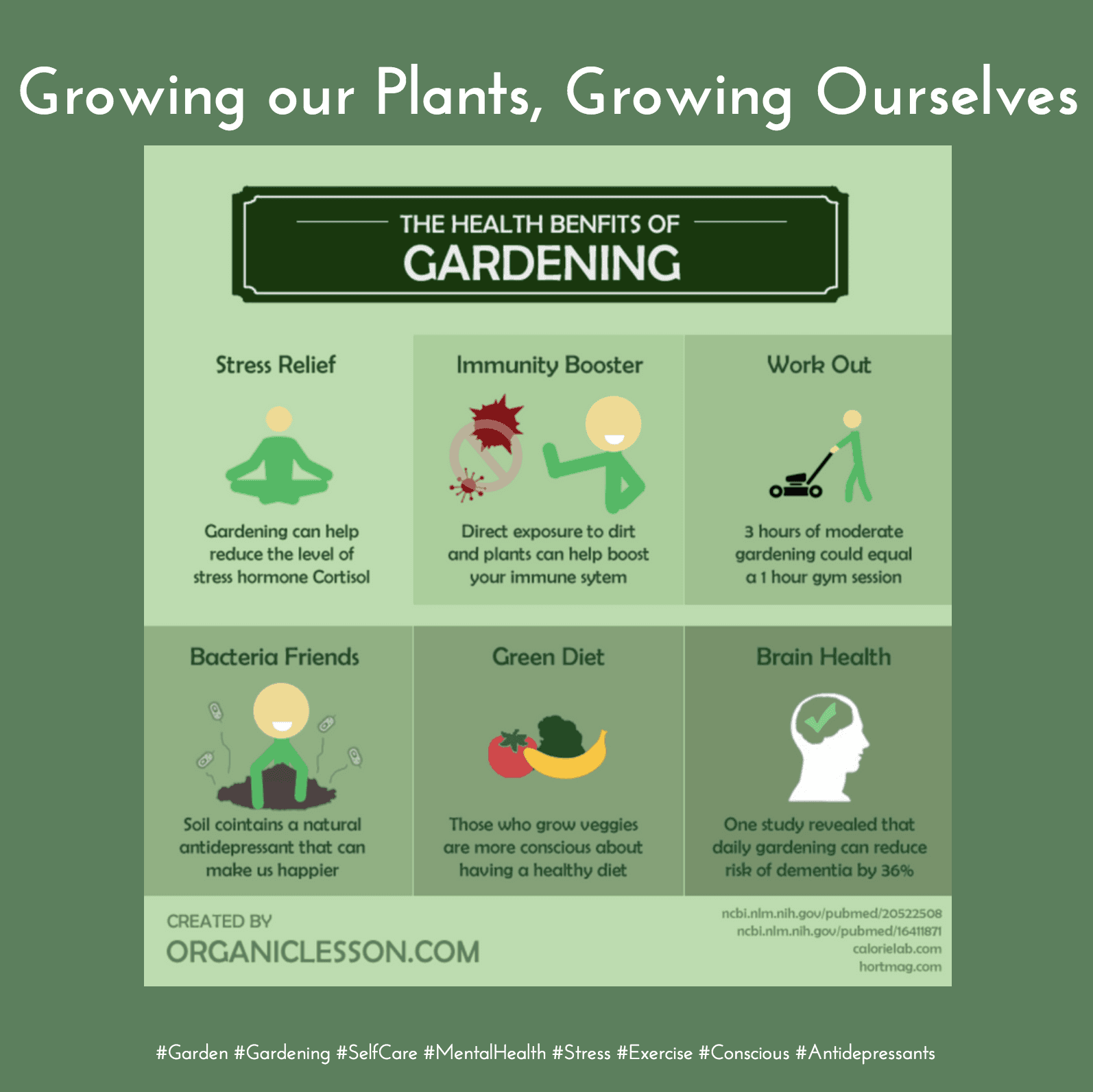
Today I spent a happy hour deadheading.
A horrible-sounding term, it basically means that you remove a dead flower from the stalk or plant body (usually just above the first set of healthy new leaves) once it has finished blooming. It’s a bit of a bore – and often feels never-ending, especially during summer – and is one of my least favourite parts of gardening.
But regular deadheading stops the plant from wasting its energy on seed production for the dead flower and forces it to focus on new growth and buds. You can get a second (or even third!) flower on the same plant in one season…and the subsequent blooms always lasts longer than the one before.
What an amazing lesson for us all. Why waste energy on making seeds (hopes, plans and dreams) for something that’s long dead?
Cut it off and give yourself the capacity and vitality to grow something new. More beautiful, sturdier in its roots and healthier for the body as a whole.
Are you still scrolling through an ex’s posts? Still upset about someone who, undeservedly, got a promotion over you? Still stuck on something that isn’t sustaining you or making you happier or more at peace?
DEADHEAD those thoughts and fixations! Be kind to yourself and watch new things grow.
Take care,
Annemarie
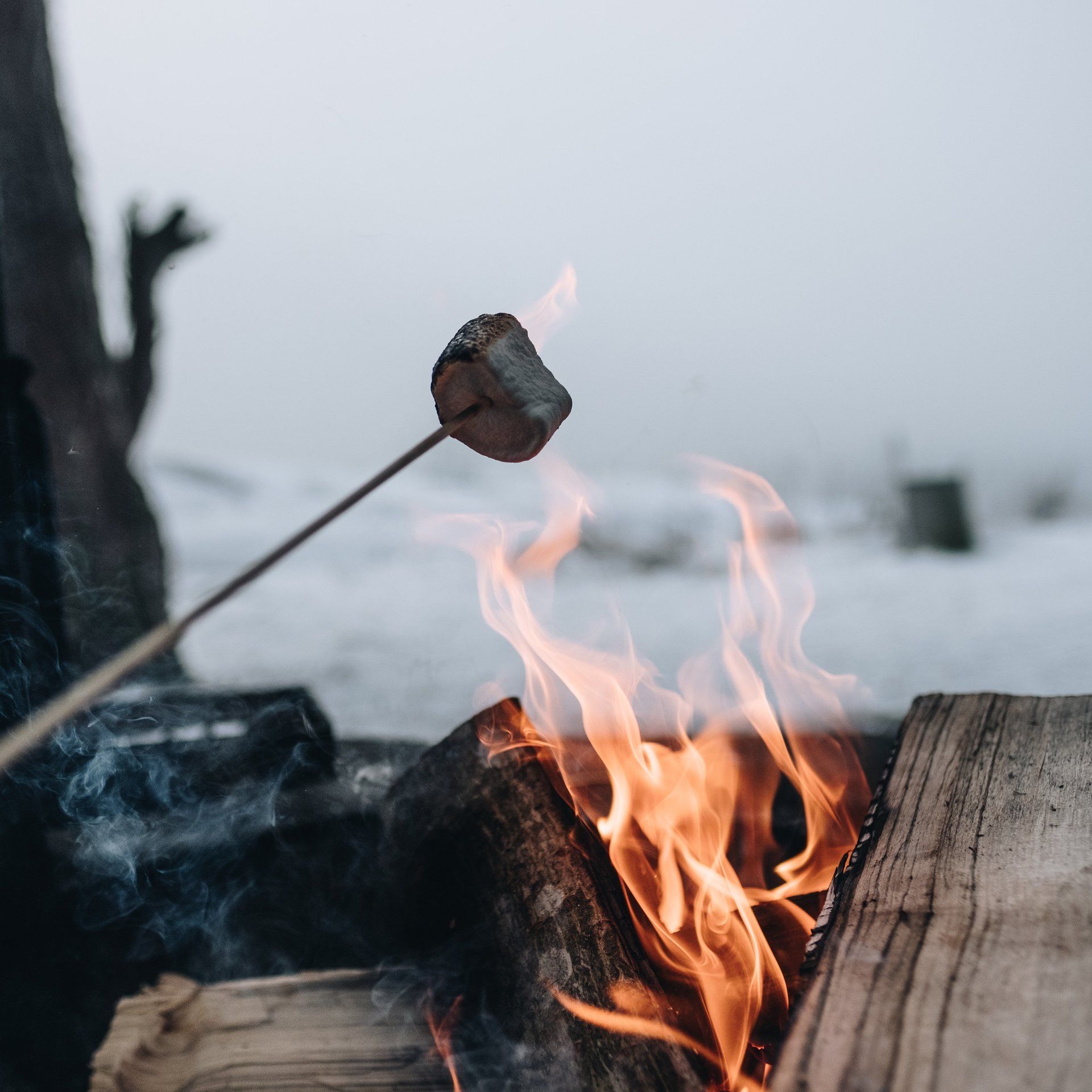
Today’s post is about control and impulse.
Have you ever read about the infamous Marshmallow Tests of the 1960s and 70s?
I don’t agree with all the psychology behind them…but they got me thinking: what are my marshmallows (things I grab on impulse)?
And will holding out on them get me what I want – or just stop me from enjoying myself today?
Sometimes a marshmallow is just a marshmallow…and marshmallows are made for eating. But, sometimes, being disciplined enough to curb your first thought or impulse around a decision can help you to really enjoy its benefits later.
Buying a house? Asking someone to be your life partner? Moving cities? Leaving a life partner? Changing jobs? Thinking of having a child (or currently in the throes of adjusting to life with an infant)? Retiring?
None of these major stressors are “just marshmallows”.
And talking them through with a qualified professional can make all the difference – and determine whether we melt in the bonfire, or enjoy its warmth.
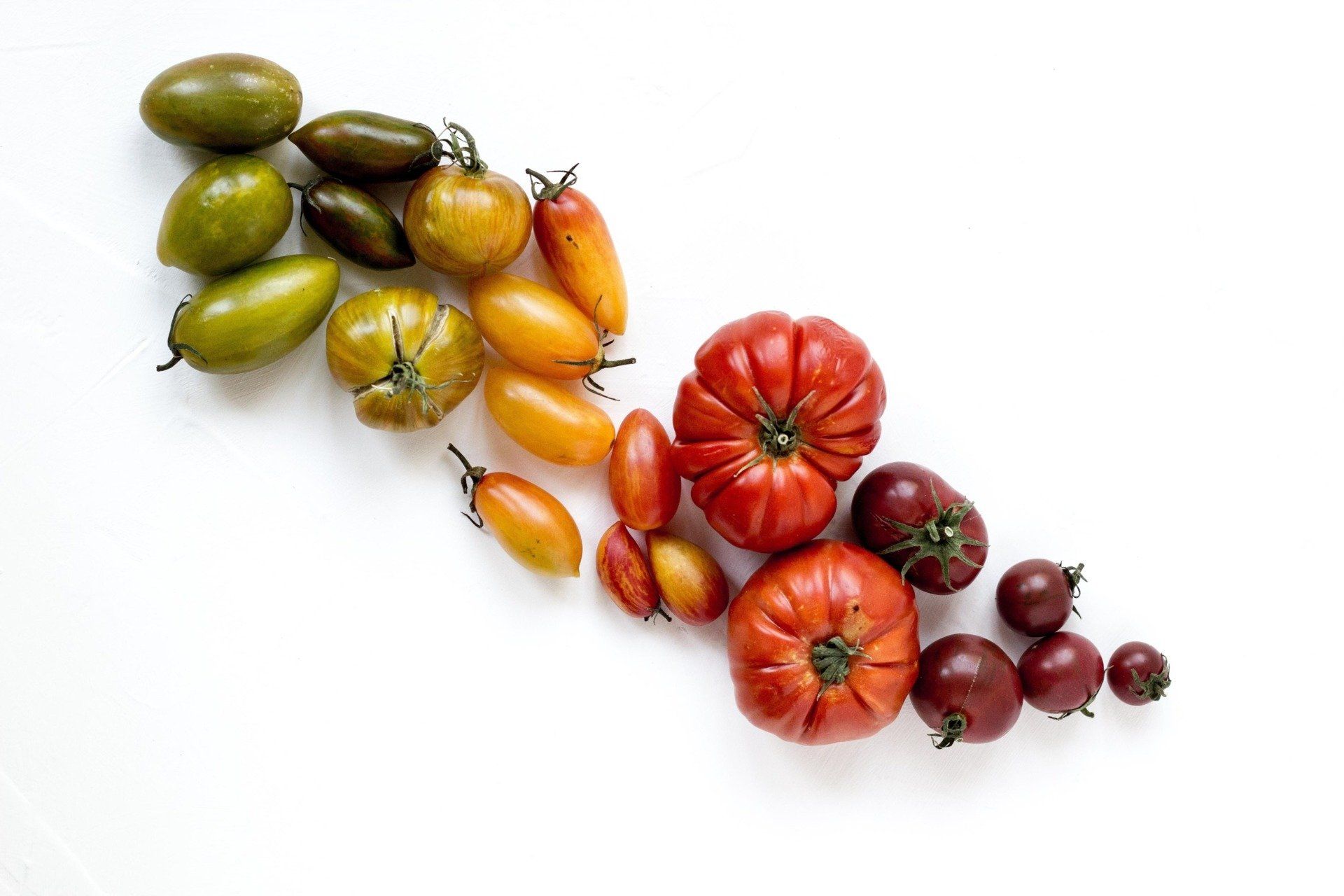
I’m terrible at eating my vegetables (I always have been) but I know myself, and I feel so much better when I drink enough water and eat more vegetables in the week.
Be kind to your body, it does so much for you.
If you are able, set a goal to include one (extra!) vegetable or fruit and glass of filtered water into your diet every day this month.
You’ll thank me later.
Take care,
Annemarie
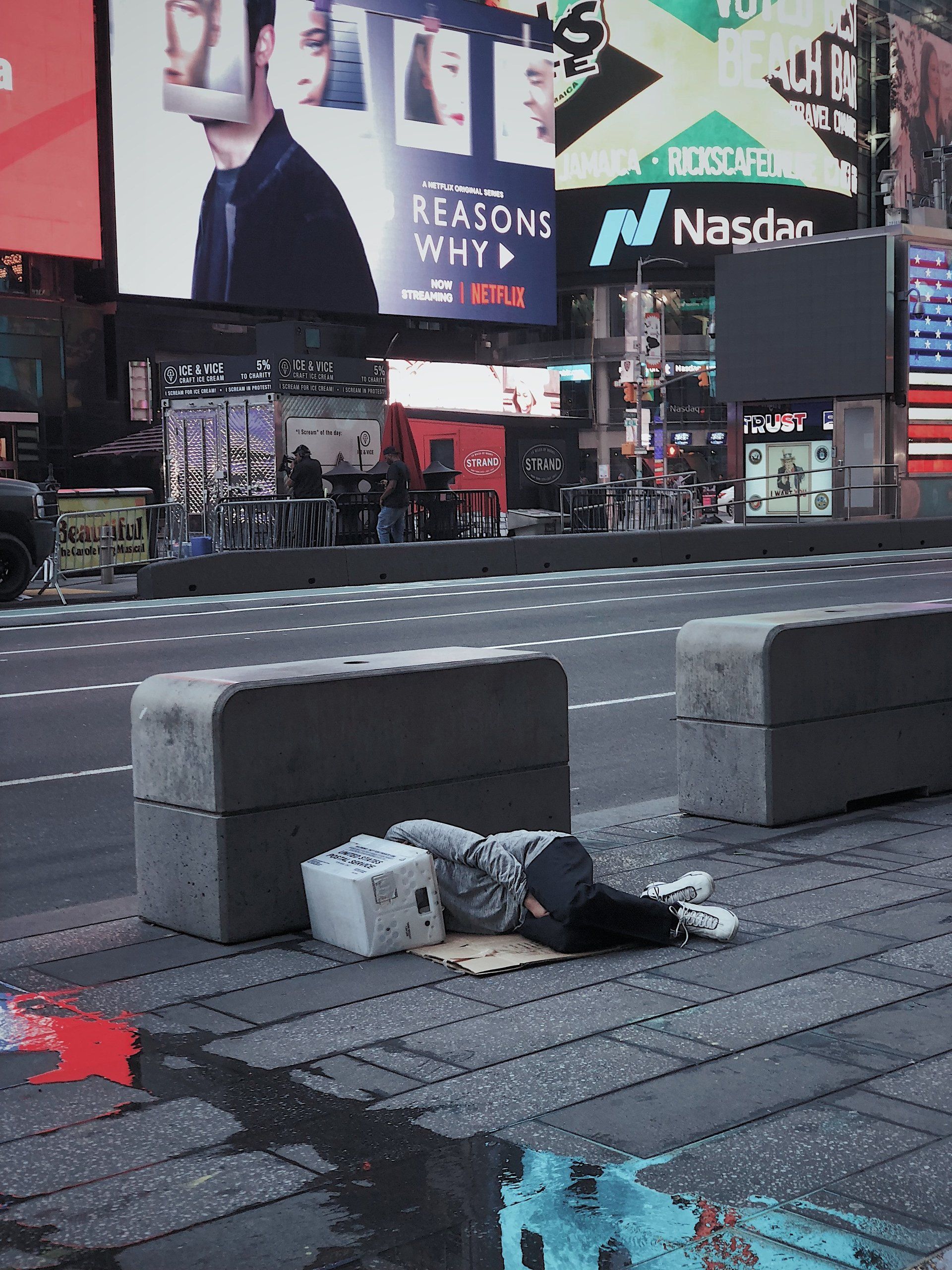
Years ago, while completing a course in group therapy, I had the pleasure of meeting Annemarie Lombard, an occupational therapist who had specialised in sensory intelligence. https://sensoryintelligence.co.za/. I found her work fascinating and have subsequently enjoyed helping many of my own clients develop greater sensory awareness in our sessions, as a result of what I learnt from her book.
Although our senses are the avenue through which we are able to explore the world, they can also be our nemesis: bombarding and overwhelming us with various stimulii.
For some people, this barrage is exciting and fascinating. They are sensory seeking and the more they can smell, taste, touch, hear or see, the happier they are. Often these people are extroverted in character and are really invigorated by interactions with others and their sensory environment.
The other extreme are the sensory defensive individuals. These people are overwhelmed by sensory stimulation and will withdraw from and limit sensory interactions at all costs. The Baby Sense books by Megan Faure https://www.megfaure.com/ were invaluable to me in learning about the potential experiences of a newborn, first entering the world.
However, most people (without profound sensory integration difficulties) lie somewhere in between these two poles and will usually, over time, develop adaptive behaviours to help them mediate their sensory experiences. I hope this article helps raise awareness about the impact of our senses on our emotional and psychological functioning; as well as trying to cultivate mindfulness around the choices we make regarding the stimulii to which we expose ourselves.
By integrating sensory and emotional intelligence with our physical, spiritual, relational and intellectual selves, we’re more likely to be connected to our internal self and able to better negotiate our interactions with the external world.
A great deal of the work I’m involved in revolves around self regulation. When we are able to self regulate, we are less affected (or at least can better manage) the various environmental stressors that penetrate our daily existence. When we actively choose to engage in nurturing, healing and self-soothing sensory experiences; and learn to filter our toxic and violatory experiences: our functioning and mental health is generally positively affected.
Here are a few questions I’ve been mulling over:
1. Do you know whether you’re sensory seeking or sensory defensive? It’s not about the label but rather about understanding yourself, and how you engage with your environment.
2. In what ways can you challenge yourself to step out of your comfort zone: either to seek sensory stimulation or to create a quiet internal space where there are fewer external intrusions.
3. What do you do to self-sooth or self- regulate? Are you engaging or disengaging your senses?
4. Is your self regulation harmful or nurturing?
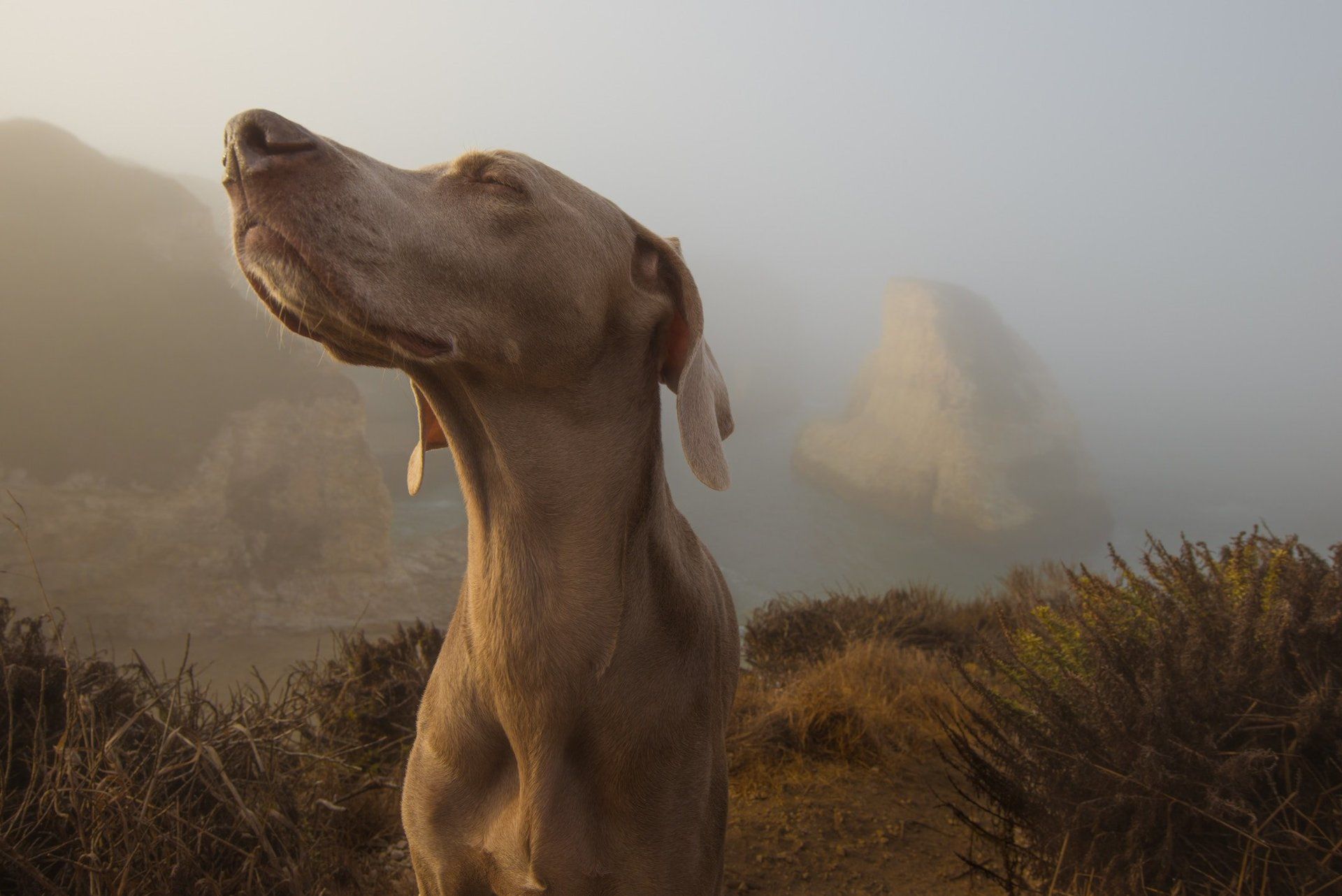
I’m going to start with the introvert of the sensory world: our sense of smell and the olfactory system. Don’t make the mistake, as many do, of overlooking this wallflower. It’s got sequins and jazz-hands, ready to shimmy on the dance floor if given half the chance. Yet it often remains the most underrated and overlooked of the 5 senses.
Our ability to smell relies on the scent/ fragrance working its way up the nasal passages to the olfactory neurones which send an impulse to the limbic centre of the brain. This area of the brain influences mood, memory, behaviour and emotions, which is why the olfactory sense is, in all likelihood, the impact player on the field of mental wellness.
One of the easiest ways of making a small change towards greater mental health, is to (literally) take the time each day to smell the roses.
The act of engaging this sense: taking a whiff of something, not only forces us to slow down, breathe deeply and essentially relax, it also stimulates memories trapped in the semi-conscious or unconscious, helping you to trigger a process of healing or to reconnect with positive memories that have been long forgotten.
Unfortunately, this underdog has been misunderstood over time, and even the description ‘smell’ often evokes a negative connotation. These days we rarely use it in a positive context; cheese, feet and armpits smell. We even have product ranges that are completely geared towards eliminating odour – from deodorants to containers for our onions, neutral is nice. And as a result, very few of us actively seek to stimulate our sense of smell (its usually only stimulated by bad smells and good ones often remain un-noted or semi-conscious).
Perfumes and colognes are an example of the positive effects of smell and attraction and how smell can evoke an emotional connection and response (or even trigger a memory). My mum always kept a bottle of her mother’s perfume in her scarf drawer. One of my sneaky treats as a child was to climb up to that shelf and inhale the scent: I can still smell the fragrance mixed with the leather of high heeled shoes, musty scarves and handbags as I played dress-up, as a little girl. That smell connects me to the female thread in my family and possibly awakened my first experiences of my feminine self.
More recently, after my dad died, I was left with such a sense of loss when I realised I wouldn’t be able to smell him anymore. On my first visit back to my parents’ home after his death, I rushed over to his wardrobe and smelt the remains of his clothes and hairbrush only to realise that his comforting smell had gone: it’s just a memory in my heart now, although I so wish somehow I could have bottled it somewhere! His smell made me feel safe yet courageous at the same time.
I have quite a heightened sense of smell so as a result it’s always been one the more important senses to me: a way of connecting with others and connecting with myself. But I realise that this isn’t the case for everyone, and for those who haven’t stopped to smell for a while or perhaps can’t smell because of allergies or intolerances, it’s really worth taking the time to reconnect with this sense if at all possible, as it’s a powerful motivator and a bit of a game changer, influencing mood and even behaviour.
Little known fact: Bvlgari's Omnia Crystalline is my signature smell…hopefully a comforting one for those who get near enough or take the time to inhale around me!
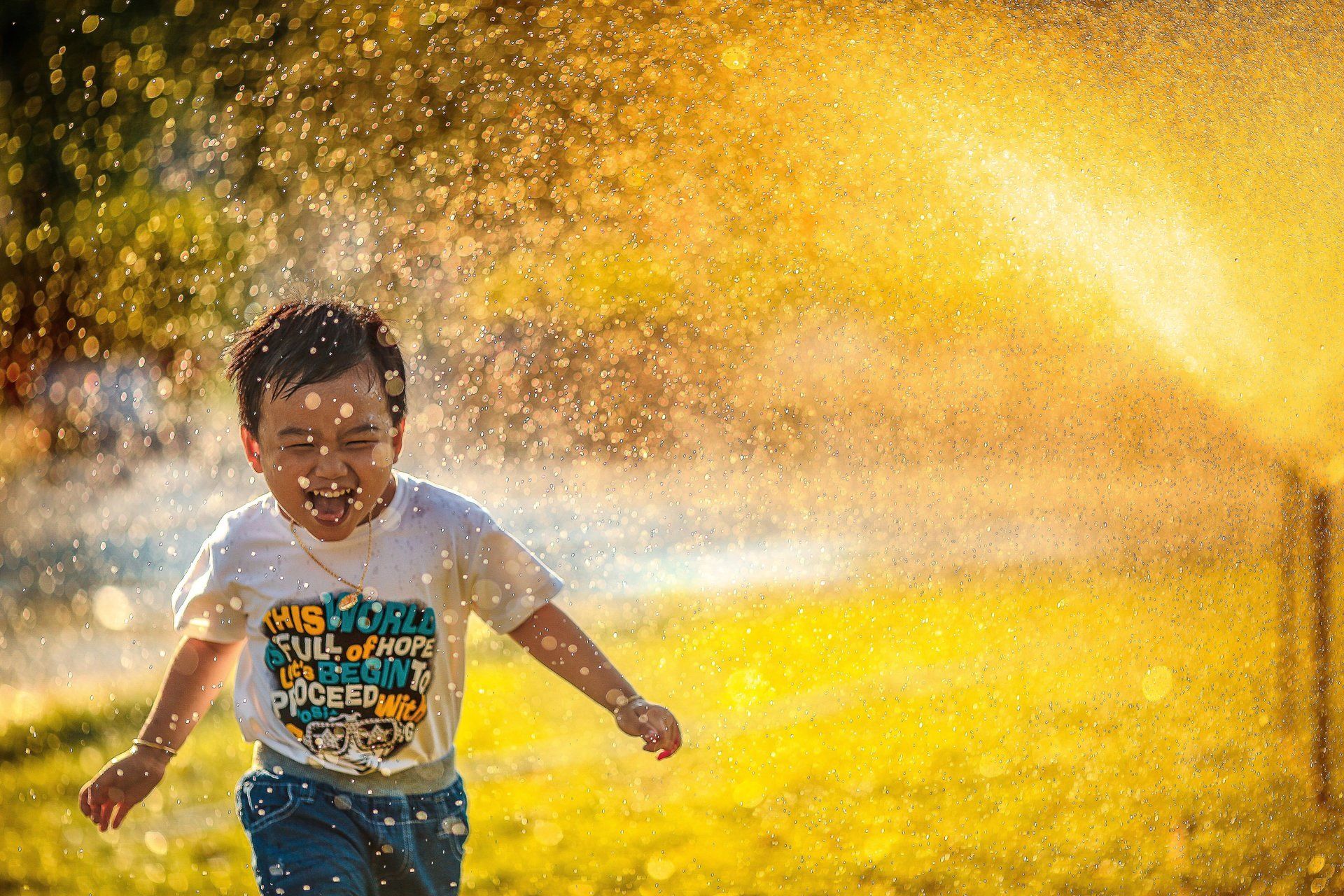
I’ve been thinking about our senses recently and how we seem to be wandering further away from engaging our world through sensory experience. I think this is quite sad, and most definitely impacts our personal and relational experience of the world.
I guess this rides on the greater issue of intimacy – without employing our senses we become less intimately involved with our environment; a little more ‘sensible’ and disengaged. However, by allowing ourselves to feel, explore, touch, see, look, smell, taste, hear and listen we are drawn into a dance of intimacy and collaboration with our environment and those in it. I believe activating our senses is the antidote to a disengaged, distracted and avoidant culture.
Our senses help draw us in, however, it remains our choice as to whether we interact or not.
I believe that choosing to use our sensory experiences is one of the easiest and most helpful methods of slowing down, becoming more present and reflexive; and in essence, actively prioritising mindfulness and enhancing our mental health.
There is an ever growing emphasis on mindfulness in mental health. This entails developing self awareness and a capacity to reflect on your thoughts, emotions and experiences. Professor Mark Williams (former director of the Oxford Mindfulness Centre) says that “mindfulness means knowing directly what is going on inside and outside ourselves, moment by moment”.
Mental illness and mental deterioration has its origins in so many causes; and scarily, some of the origins are preventable. I hate that we often only fight illness once it strikes instead of preventing its arrival in the first place. As an advocate for mental wellness and wholeness, I hope that some of these posts will inspire and challenge you to take your mental health seriously and to make small changes which will have a great affect on your mental, psychological, physical and relational functioning.
Challenge for the day: to disengage from auto-pilot for a few minutes.
1. Choose one of your senses (preferably one that you are rarely aware of using) and actively engage this sense in one activity today.
2. Try to describe to yourself what you are feeling. And allow yourself the time to really experience the sense and feeling.
3. Some sensory experiences will trigger memories. Allow yourself time to think, process and feel any emotions triggered by your senses.
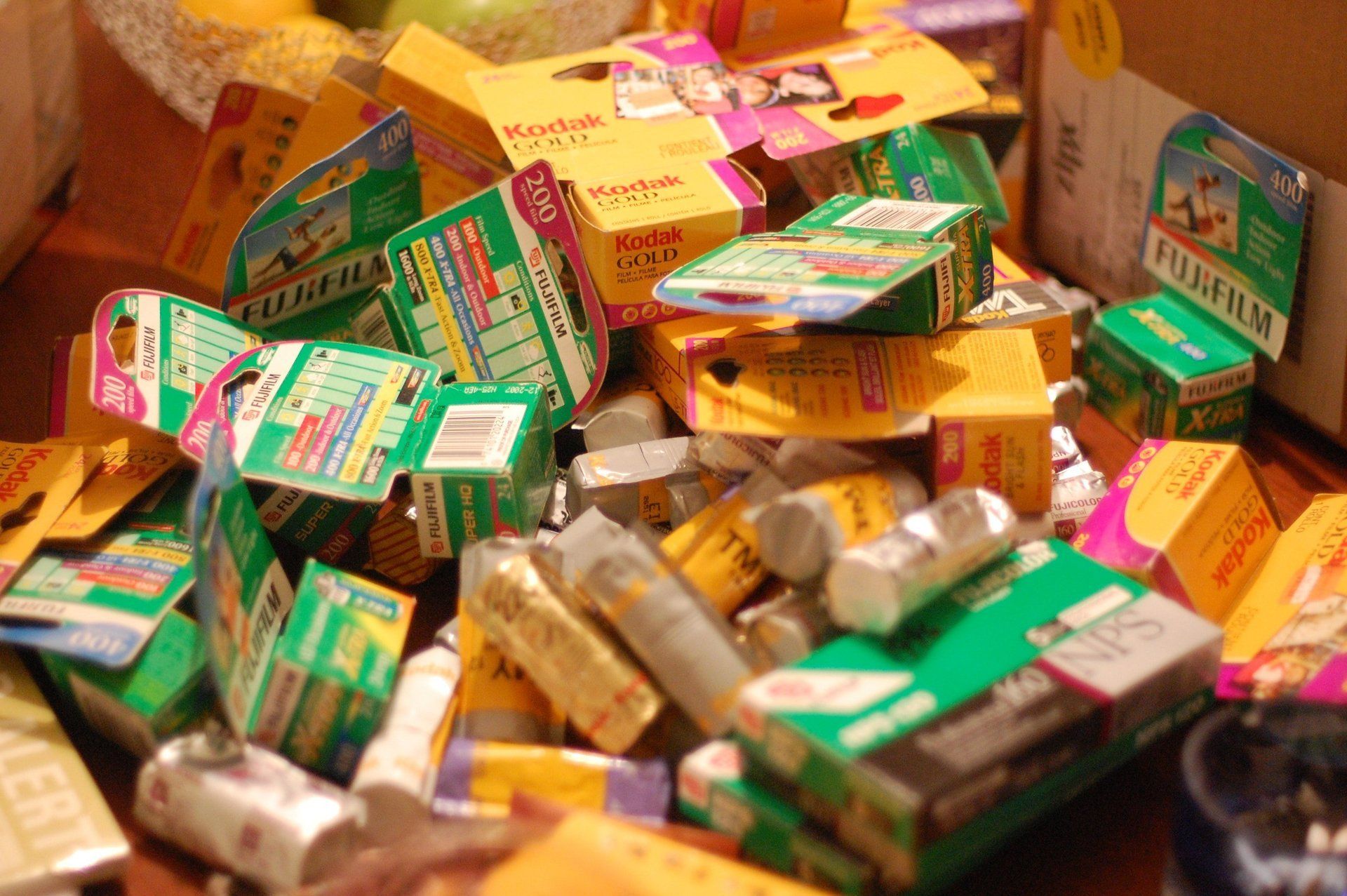
So, officially, I started blogging two years ago.
It was over the December holidays and I was bored and it seemed like a useful/mindful/zeitgeisty thing to do. I remember I was extremely concerned about my privacy (clearly quite an inflated sense of my popularity) and was paranoid that my clients would be able to catch a glimpse into my private life - which would be unthinkable for a psychodynamic therapist! It took me hours to decide on a user name that was cryptic enough and even longer to research the different hosts available.
Now, a couple of years and two continents later, I've started using social media and my blog in a way that actually helps me connect to my clients; and frees me up to reach more people than I ever would have otherwise.
Most of the original posts are from another platform that I couldn't port, so forgive the odd dates and lack of logical chronology. In this case, the content seemed more important than the paper trail.
This is a space for me to share my thoughts, process my own feelings and share whatever insights I may have in a week.
I hope they will be useful!
Take care,
Annemarie

Today has been one of those MESSY days where everything goes wrong.
It started off with me feeling incredibly noble by putting school bags, projects and sports kits in the back of my car before it was time to go so there wouldn’t be pandemonium, bending down to move something in the garage…and then realising I had lost the keys.
In the space of 10 seconds.
They were not in my hand, the car – or anywhere in a 10 mile radius. Blind panic as the minutes ticked by before the school drop-off.
“Never mind, I have spares, I’ll find them later.” I quietly smile at myself for being so relaxed about potential disaster.
Victories quickly forgotten in the brush-your-teeth-and-put-your-shoes-on-please morning mantra, I chivvy the family along and the morning slips back into the familiar and comforting routine.
…until I remember that in my haste, I forgot to take the food prep bags out to defrost (yes friends, I do food prep – I am moments away from becoming an actual saint), so it will be be a rush when I get home tonight.
“That’s ok, life happens – there’s a reason the microwave has a defrost function!”
I am a paragon of virtue and patience. Obviously.
I started mentally ticking off my to-do list as I drove along our country lanes (honestly, they are so narrow two pencil sketches of bicycles would have to negotiate passing each other) when an enormous lorry lumbered towards me from around a bend.
“No problem”, I thought, “people do this all the time, and I took that defensive driving course back in South Africa – this will be a doddle!”
…and then they KEPT. ON. COMING.
Slow and steady..and right for my windscreen. After some flamenco-esque wheel-turning over and around the pavement, I finally edged free.
…only to be sharply reprimanded by a pedestrian that I was not obeying the rules of the road, clearly demonstrating the worst of my character flaws and endangering all and sundry’s lives to boot.
To be clear, there was only a scowl and a mildly disapproving twitch of the neck…but they were British. The subtext was clear.
Returning to my to-do list I nursed my wounds by congratulating myself for having the foresight to (rather cleverly, I thought) put the washing in last night…until I realised that I didn’t move it over to the drier.
So ten to one the whole lot is going to smell mouldy by the time I get back to it. Which means a weekend of laundry awaits.
Oh joy. Added to all this, I had my morning coffee but not a drop of water since, so I had a horrible headache by about 10am. Which is gently pulsing a tattoo over my left eyeball as I type this.
Not exactly the image of a cool, calm and collected therapist!
The truth is: we all have bad days. No one is perfect, least of all me. But being aware of our imperfections, admitting to when we have done wrong, apologising for any transgressions, being kind to ourselves and others and choosing to do better is how we GROW.
Talking to a therapist isn’t a panacea or a silver bullet (to be clear: any kind of therapy that involves any kind of bullet is probably a really bad idea) – it’s two or more humans being just that. Human. In our mess. And helping each other to see the humanity in it.
Take care,
Annemarie

Those who know me will attest that I’m not the most technologically savvy person out there (although I will go to the grave bragging about how I clocked Super Mario Brothers 4 times in a row in 1995).
I’m no luddite and comfortably get by at everything I need to do on a daily basis…but I wouldn’t call myself a whizz either – by any stretch of the imagination.
And then the sword of Damocles fell.
This week, I was reading about the iOS12 update and how you can track your weekly screentime.
“What a great idea!” I thought, looking forward to posting screenshots of how #
unplugged
I am and how I spend all my days in a field of poppies surrounded by intentions, handwoven baskets and mindful meditations.
Friends. It was not a great idea.
Oh indeed, it was not. And it got me asking some hard questions about how I spend my time on my phone.
I justified the time to myself: “I work from there. I post to social media as part of my job! I get lots of referrals via SM… I run a digital practice, after all!”
And all of this is true. But, I also love to scroll. To see what my friend are up to and explore accounts like mine to get tips and new ideas – I love to read and find out about new places. It all sounds very healthy and Pinterest-worthy…until 2 hours have passed by completely unnoticed.
Added to that, I’m realising more and more that if I want to raise and work with children I have to accept that technology and screentime is an active part of how we educate and facilitate their growth. Part of me has a kneejerk reaction against this: I grew up playing outside with my dogs and getting dirty – surely that’s the best childhood? All the books tell us so!
And yet here I am, child of the 80s and confirmed tree-climber, bike-rider and district-representing-breaststroke-swimmer…and I love my phone just as much as the next person.
Well, I’m starting to accept that there is no best childhood. And there is no definitive answer for any one family or child. We’re all different – and our elementary and extended needs are too.
And the more flexible I am (and willing to talk it out and find that best path forward for all of us) the less likely we are to come to loggerheads as a family over “what’s right”.
Isolating my children from technology won’t do them any favours in the 21st century…but neither will allowing them to watch anything they like for 6 hours a day. There’s a balance. And it’s something I’m working hard at, every day.
Have you figured out what’s best for you and the people you care about? Maybe you want to cut down on your own screentime (especially before bed/first thing in the morning) or need help in negotiating tech in the home with partners or extended family?
Finding that sweet spot and being willing to shift your own biases for the good of the family can really make life…well…sweeter!
Take care,
Annemarie

As I drove around this morning, running some errands, I saw a lonely cow in a field. Chewing the cud.
I immediately started to wonder about where the other cows were, why she was alone, who was looking after her and whether she was warm enough (it’s a bit nippy near us today). I suppose it was just my personality and therapeutic habits kicking in…but I worried about that cow for the next 15 minutes or so. All the way through rushing from shop to shop, chore to chore and er rand to errand.
And, then, it suddenly struck me: she didn’t seem particularly bothered.
On the contrary, she seemed very content to be completely…without intent. She wasn’t in a rush, and she didn’t seem to have much on the agenda for today.
I
was the one in a flat-spin: she was just fine
.
How many of us worry ourselves into an inescapable pattern? How often do we spend huge chunks of our day agonising over something that isn’t a problem to begin with?
And, more importantly, how often do we stop?
It reminded me of one of my favourite poems, Leisure by William Henry Davies:
What is this life if, full of care,
We have no time to stand and stare.
No time to stand beneath the boughs
And stare as long as sheep or cows.
No time to see, when woods we pass,
Where squirrels hide their nuts in grass.
No time to see, in broad daylight,
Streams full of stars, like skies at night.
No time to turn at Beauty's glance,
And watch her feet, how they can dance.
No time to wait till her mouth can
Enrich that smile her eyes began.
A poor life this is if, full of care,
We have no time to stand and stare.
Take 5 minutes to reprioritise and be kind to yourself about what’s really important (today, this week, for the next month or year) and then continue with your day – refocussed and less prone to unnecessary distress and avoidable concerns.
And learn from the wisdom of cows.
